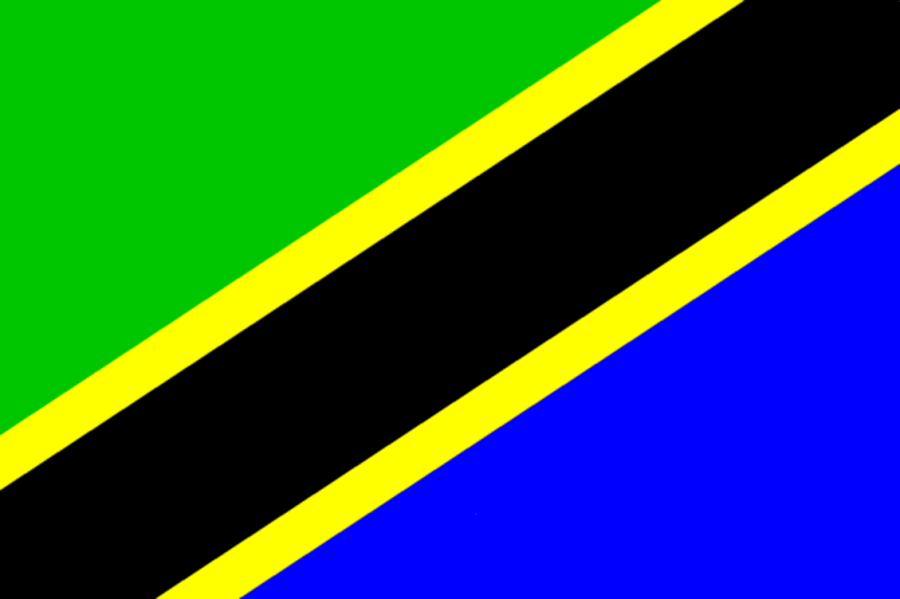Login form
Customs of Tanzania
 Marriage and Family
Marriage and Family
Today it has become common, especially in cities, for individuals to choose their own spouses. Traditionally, the groom’s family gives a dowry to the bride’s family to thank them for raising the woman who will soon join their family, and to compensate them for the loss of a productive member of the family. This custom continues to be especially important in rural areas where extended families share work responsibilities.
President Julius Nyerere’s form of self-help socialism was based on ujamaa, or “familyhood.”
Eating
Grains, fruits, and vegetables are Tanzanian staples. Common meats are chicken, goat, beef, and lamb. A popular snack or energy food is kitumbua, a fried bread common in much of
Food is usually eaten with the right hand, and even when utensils are used, a bowl or basin of water is offered for washing hands before each meal. The left hand might be used when handling difficult foods, such as meat with bones, but not for taking food from a communal bowl or for putting food in the mouth. Eating from a communal dish is common, especially when eating ugali or rice. Some families along the Indian Ocean coast, as well as those in villages and towns along the three lakes—
Socializing
The most common Swahili greeting is Hujambo?, which means “How are you?” or “Are you well?” Hamjambo? is used when greeting more than one person. This is usually followed by a handshake. A common response to Hujambo? is Sijambo (“I am fine”). Hatujambo means “We are fine.” This exchange is followed by questions about the home, family, work, or other activities. For example, a Tanzanian might ask Habari za nyumbani? (“How are things at your home?”). A common response is Salama (“In peace, without problems”). Each geographic region has a variety of non-Swahili greetings particular to the local ethnic groups, but Swahili is understood by the vast majority of Tanzanians. Men and women shake hands with each other, although a man may wait for a woman to extend her hand before offering his.
It is customary to bring a small gift such as sweets or cookies—but not flowers—when visiting a home for the first time. Friends and family visit often, and even unexpected visitors are welcomed enthusiastically and made as comfortable as possible. In general, visits after 8 pm are avoided.
Recreation
Visiting and socializing with friends and family are the most common recreational activities. Soccer, track and field, and boxing are the most popular sports.
Holidays and Celebrations
In addition to these important historical days, both Christian and Islamic holidays are celebrated, including Easter and Christmas, and the Islamic festivals of ’Aid al-Fitr at the end of Ramadan, and ’Aid al-Adha, which honors Abraham’s willingness to sacrifice his only son at Allah’s behest.
Source: Encarta Interactive World Atlas

